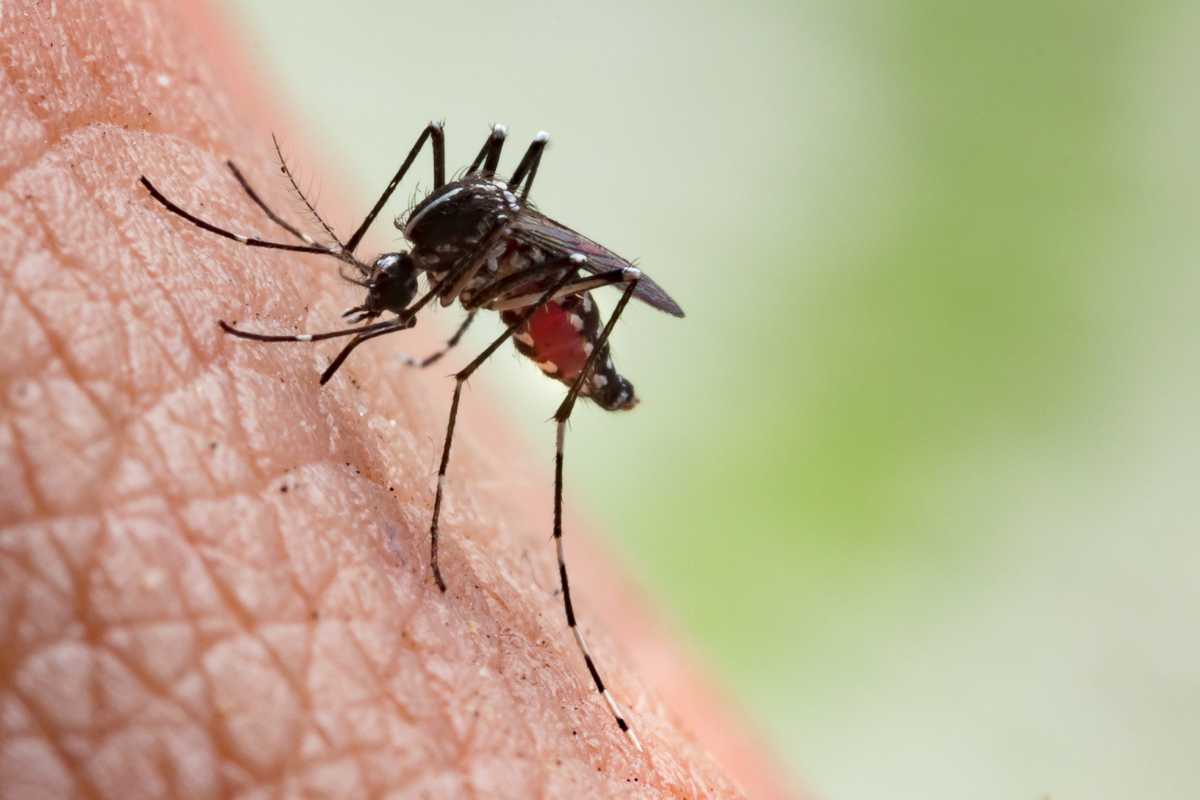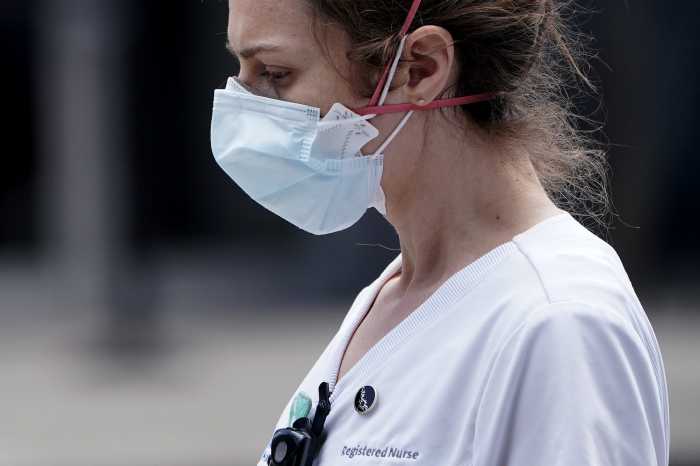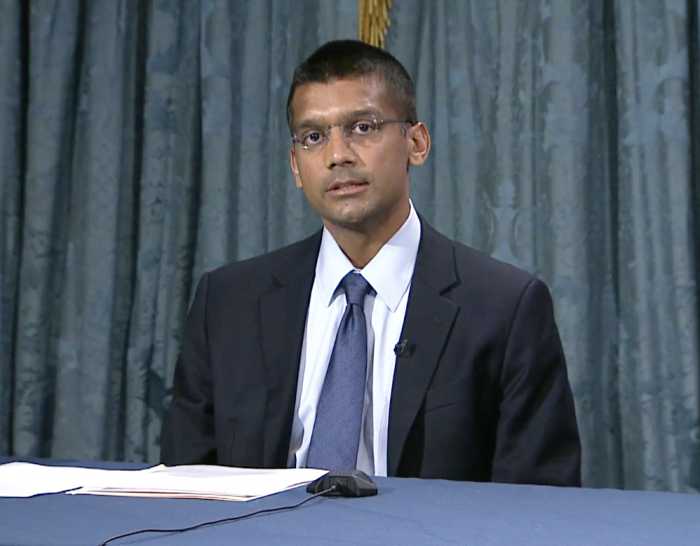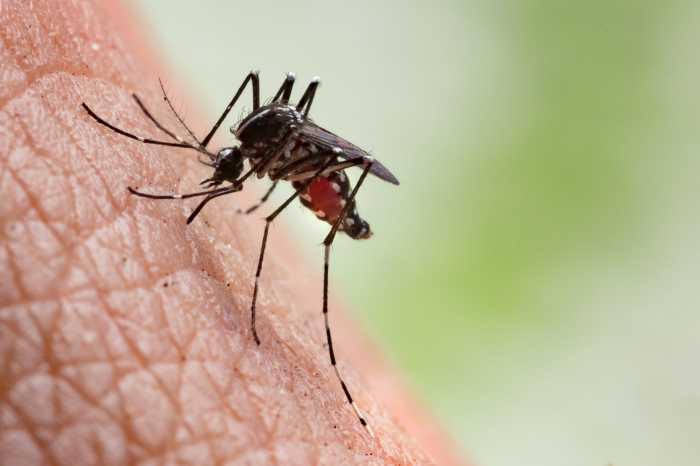With cases of West Nile virus on the rise, the city’s Health Department is calling on New Yorkers to do more to protect themselves from infected mosquitoes.
In New York City, mosquitoes are active from April through October, and New York City has over 40 species of mosquitoes, but West Nile virus is transmitted primarily by several Culex species, including Culex salinarius and Culex pipiens. A total of 9 cases of West Nile virus have been identified in the city: 4 from the Bronx, 2 from Queens, 1 each from Brooklyn, Manhattan, and Staten Island.
To date, the Health Department has identified a record-breaking 1,039 West Nile virus-positive mosquito pools — skeeters gathered from the same trap site and tested together for the virus.
That breaks the record set in 2018, when 1,024 positive pools were found for the entire mosquito season. This year’s warm, wet weather may be contributing to these higher counts.
“While the end of summer is around the corner, we want all New Yorkers to be aware that mosquitoes are still active and we’ve seen record numbers of activity this season,” said Health Commissioner Dr. Dave A. Chokshi. “When outdoors, make sure you wear insect repellent and remove standing water from your property. If you observe standing water not on your property, please report it to 311.”
Since 1999, the number of West Nile virus cases in NYC has ranged from 3 to 47 cases. Of the 359 West Nile virus neuroinvasive disease cases reported through last year, 47 (13%) died due to their infection. Most New Yorkers who have been diagnosed with West Nile virus report they did not use repellent or take other precautions to prevent a mosquito bite.
West Nile virus can be mild or moderate, with 80% of those infected having no symptoms at all, however it can prove to be serious for those over 50 and can cause serious or fatal infection to the brain and spine.
The most common symptoms are headache, fever, muscle aches, and extreme fatigue, while more severe symptoms can also include changes in mental status and muscle weakness requiring hospitalization. Most who are infected with West Nile virus will go on to fully recover from their illness, however, some continue to have problems months after infection.
If a person has symptoms of West Nile virus, they should contact or see their doctor.
The Health Department has worked diligently to successfully control mosquito-borne illnesses since the virus was first detected 22 years ago in the city, including reducing standing water, applying larvicide to bodies of water and spraying pesticides.
Every year, as a part of normal outreach, the Health Department also conducts 80 to 90 presentations to educate communities about mosquito-borne illnesses. There are currently 106 mosquito traps throughout the city and several catch basins have been treated with larvicide. The Health Department as already conducted three aerial applications of larvicide in the marsh areas of Staten Island, Brooklyn, Queens, and the Bronx, as well as 21 spray operations to control adult mosquitoes so far this season.
The Health Department reminds New Yorkers that the best way to control mosquitoes is to eliminate any standing water and are encouraging city residents to mosquito-proof their homes and take precautions when spending time outdoors. Use an approved insect repellent containing DEET, picaridin, oil of lemon eucalyptus (not for children under three), or products that contain the active ingredient IR3535. Eliminate any standing water from your home and make sure your gutters are clean and draining properly.
For more information about West Nile virus, or to report standing water, visit nyc.gov/health/wnv or call 311.





































